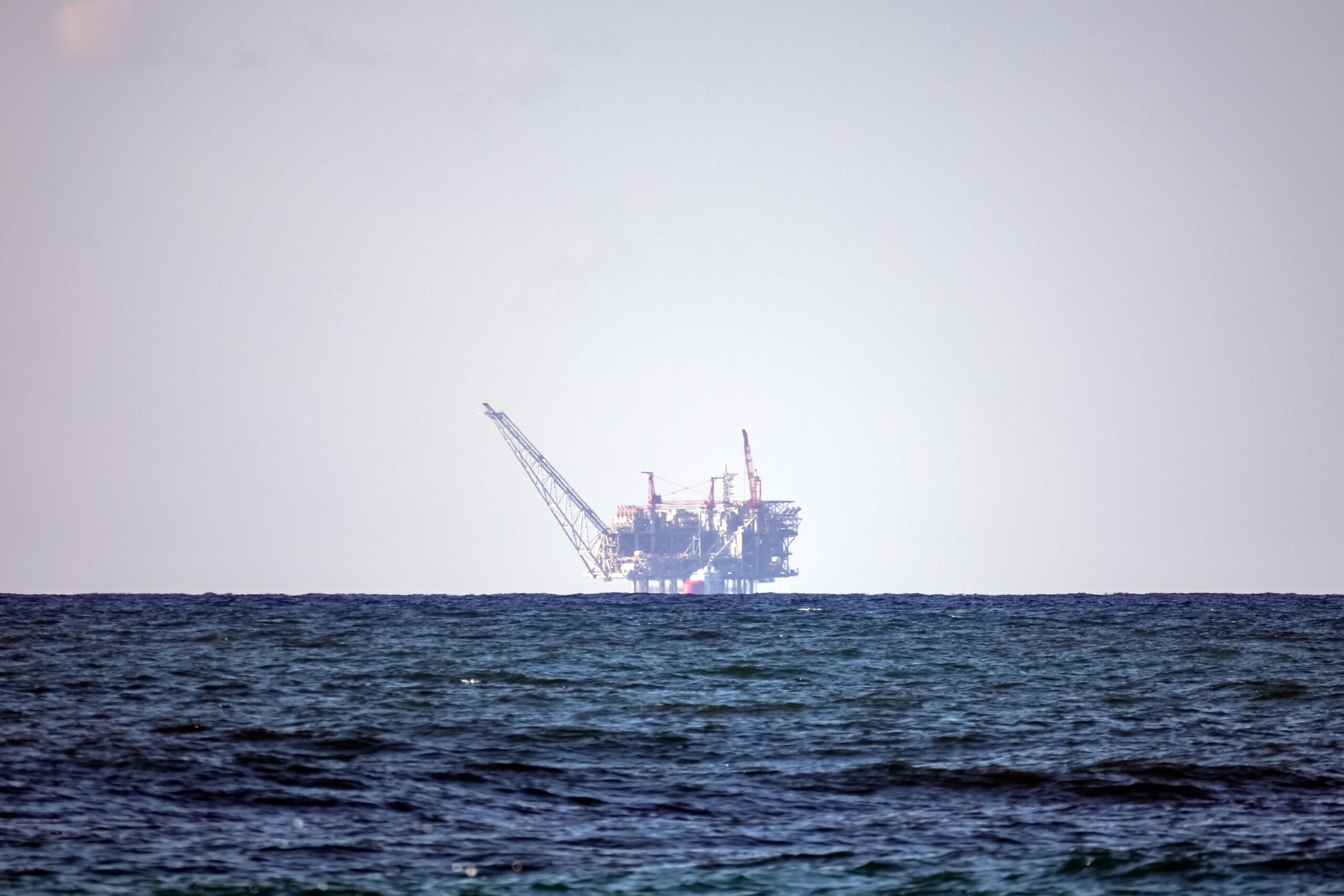Egypt’s increasing reliance on gas has led to struggles with blackouts as domestic gas consumption soared, particularly during summer when high demand for cooling drained domestic reserves. Despite a strong start earlier in the year due to surging pipelined gas imports from Israel, the recent war between Israel and Hamas has impacted regional gas supplies adversely. The tensions led to a redirection of Israeli gas supplies through Jordan, instead of the direct subsea pipeline to Egypt, causing a temporary halt in gas imports. However, as of early November, gas imports from Israel have resumed, albeit in smaller volumes.
The disruption to supplies came at a time where Egypt had already ceased exports of LNG due to high domestic demand, with abandoned plans to resume exports in early October. Egyptian PM Mostafa Madbouly’s announcement of zero gas imports from Israel was reflective of the harsh reality, as Egypt’s cabinet confirmed a drop in gas imports from 800 million cubic feet per day, contributing to a power generation deficit and prolonged blackouts.
According to Reuters, the attacks by Hamas towards central Israel have caused US owned Chevron to cease operating their Tamar field, which resides close to the Gaza strip. This field produces in the region of 40% of all Israeli gas.
Egypt’s status as an LNG exporter is likely in jeopardy, with its only other gas rich neighbour, Cyprus, without a pipeline to directly supply Egypt. These LNG exports are a crucial supply of foreign currency earnings for Egypt, as their debt to GDP ratio was expected to peak at 97% over the Q2/Q3 period.
With the EU cutting ties to Russian gas, there are few suppliers left outside of the United States to provide crucial energy fuel supplies to the EU. The EU will be forced to reassess its energy diversification strategy should it have shortfalls over winter.
This shortage is likely to drive up LNG prices globally, with the Asian market also having fewer options to choose from. The question remains as to whether Australian LNG suppliers will be able to take advantage of a market with fewer competing sources.
